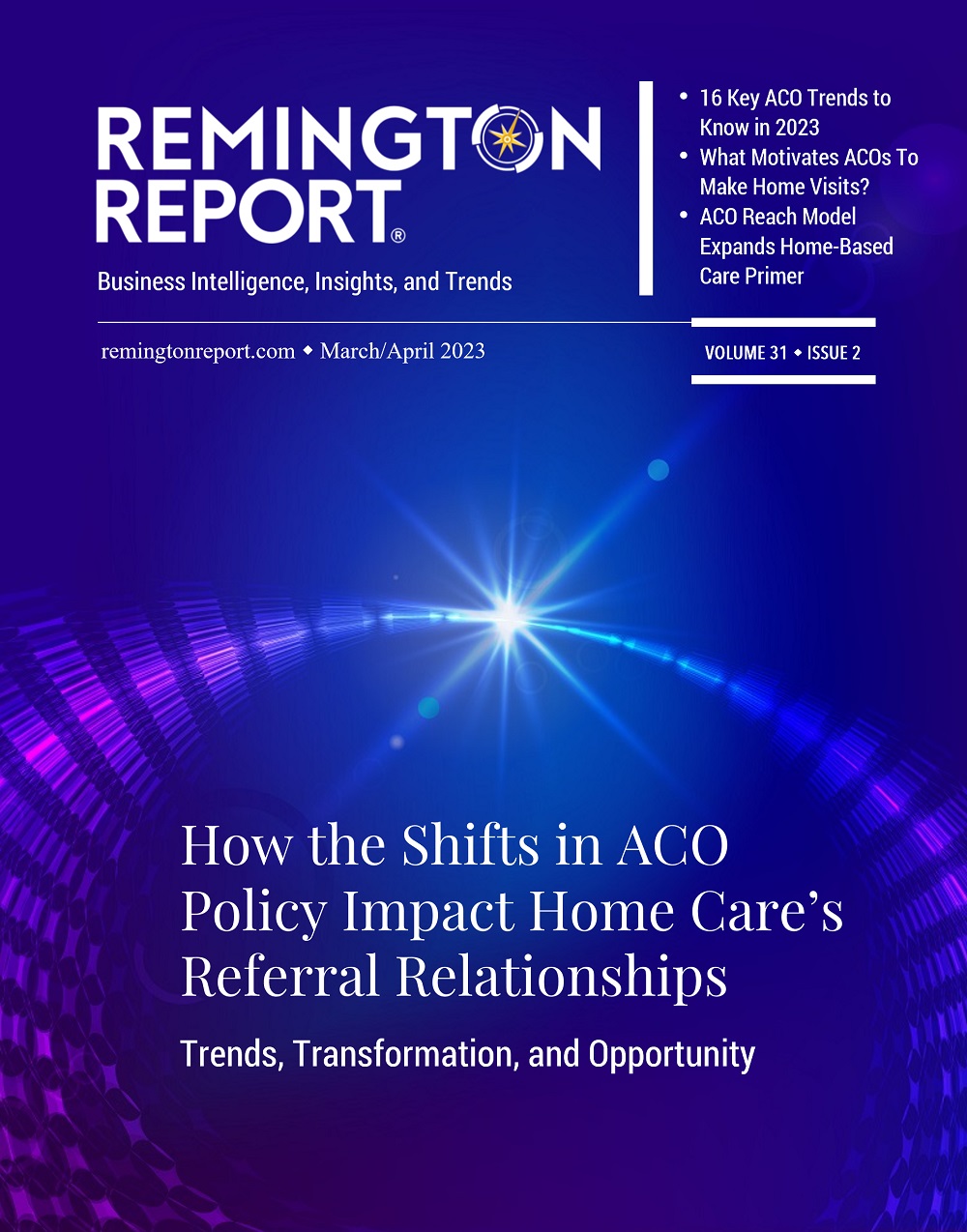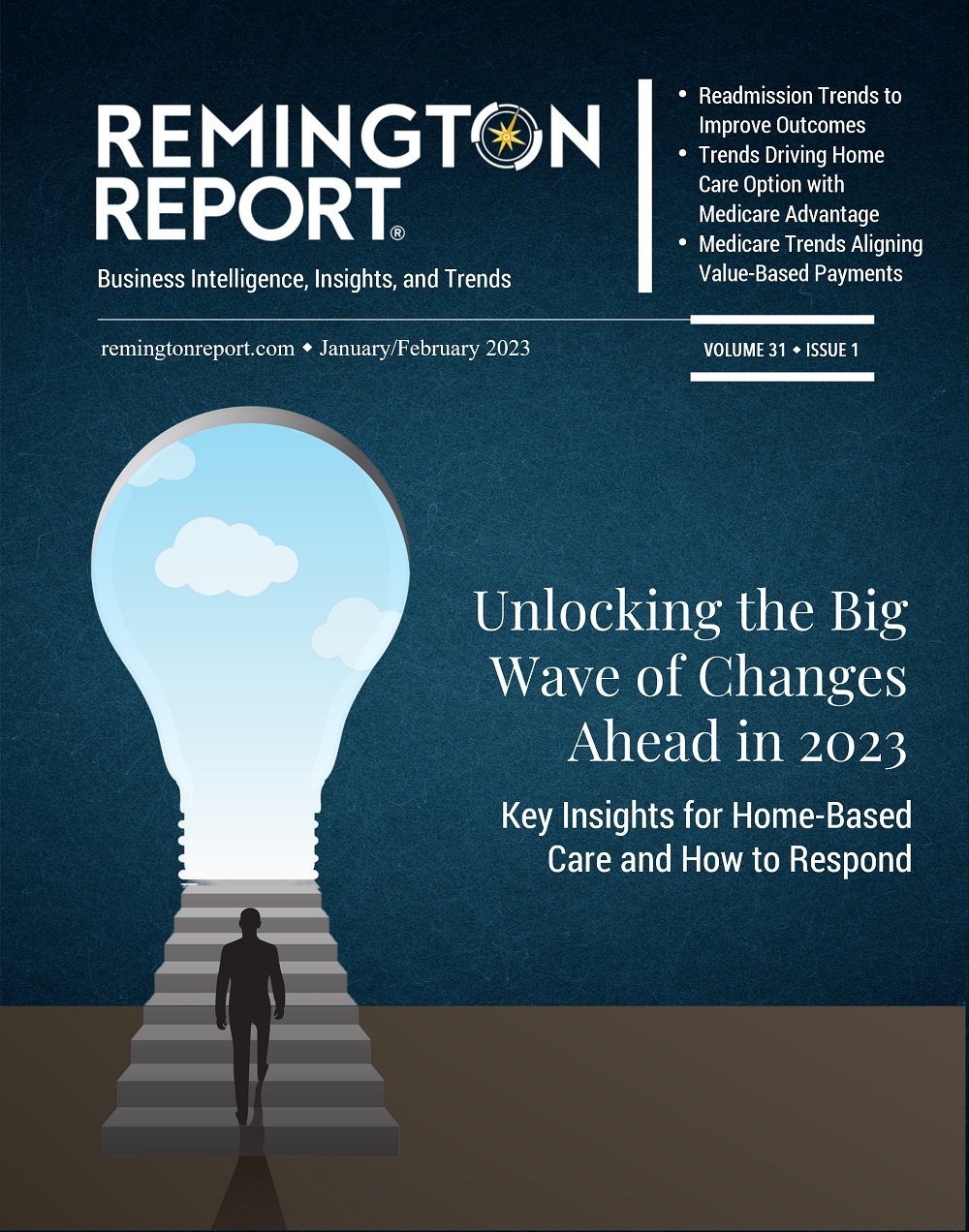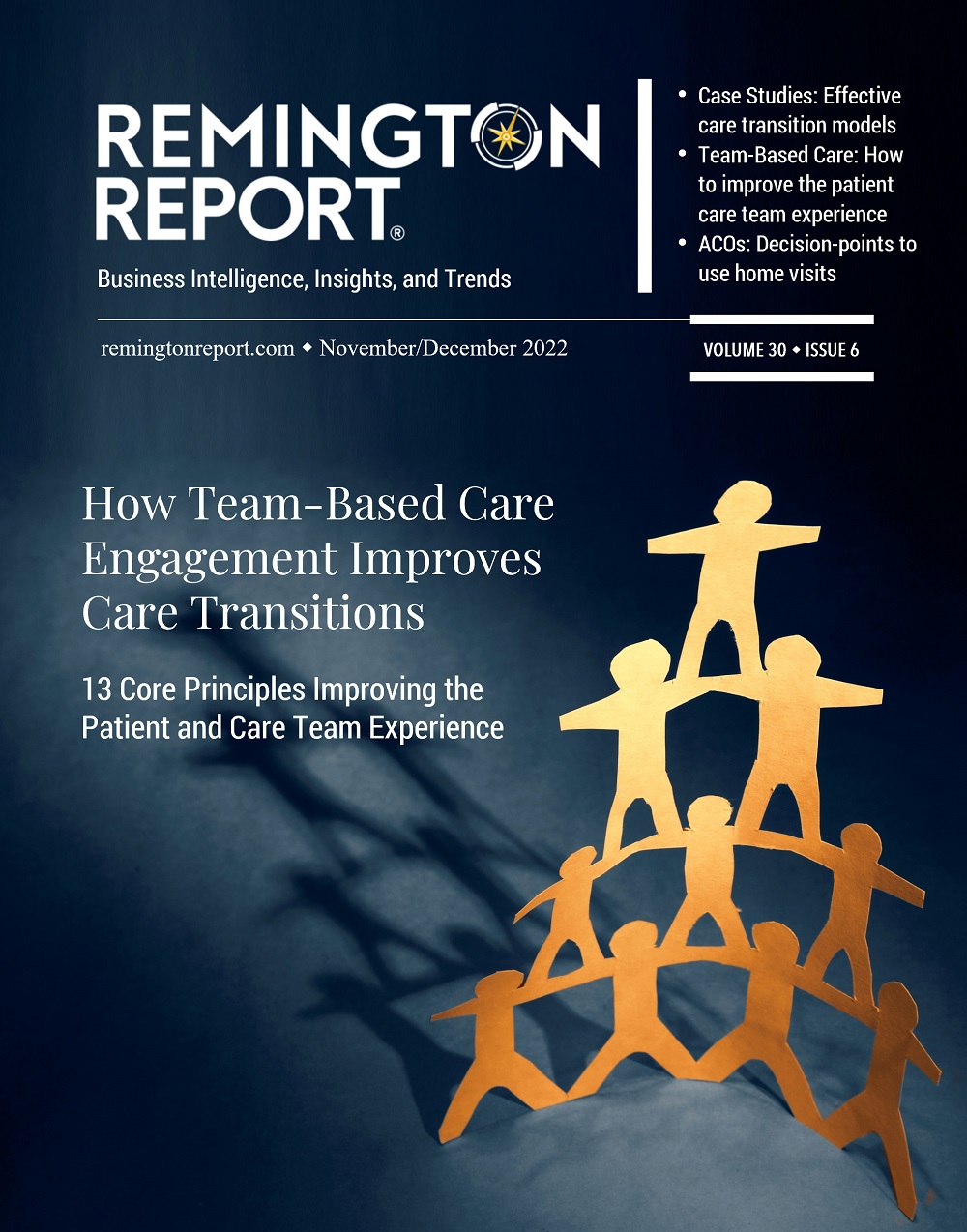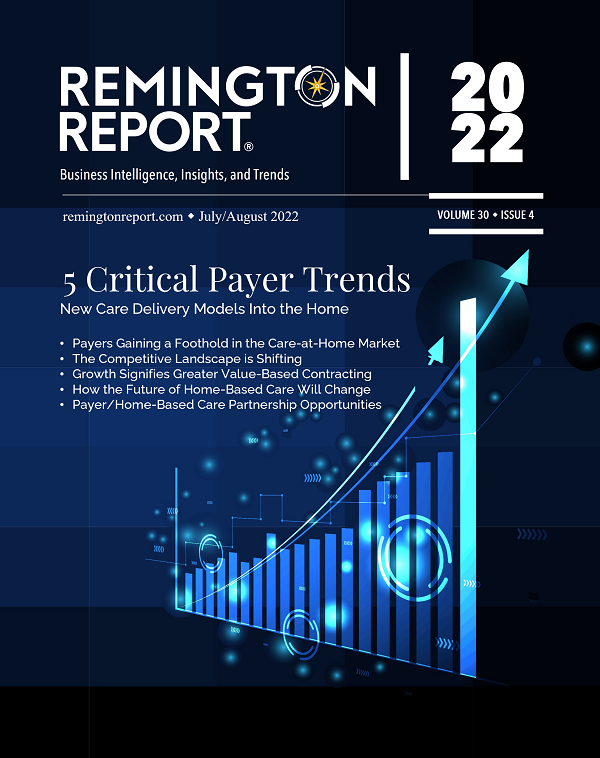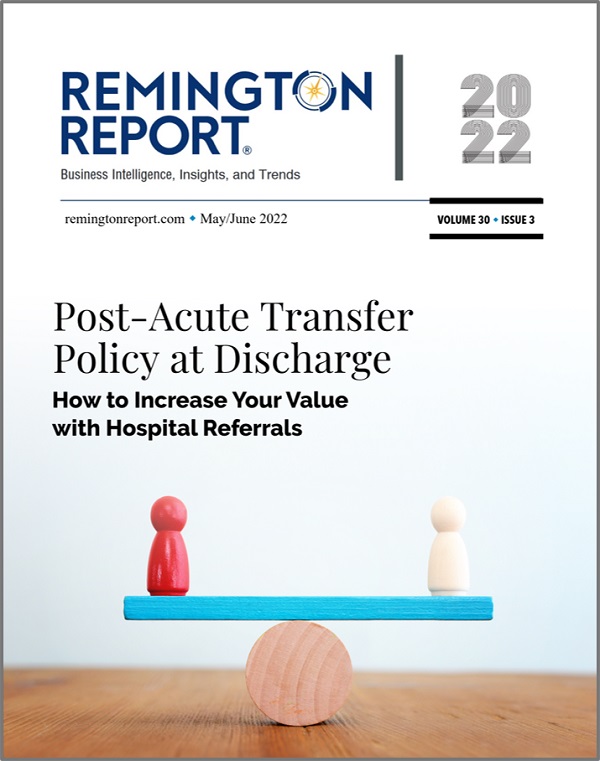The latest CMS reports indicate Medicare fines for hospital readmissions dropped, but nearly 2,300 hospitals were still penalized. The reason for the drop in fines had to do with the chaos of COVID; the government decided to exclude the first half of 2020.
CMS excluded from its calculations Medicare patients who were readmitted with pneumonia across all three years because of the difficulty in distinguishing them from patients with COVID. Despite this, 43% of the nation’s 5,236 hospitals were penalized.
As a home-based care provider, all referral partners have the same goal – how to reduce readmissions and the cost. It’s important to continue to hone in on data that can help your organization better understand your role in preventing readmissions and reducing the cost of care.
Highlights: Overall Conditions with Most Frequent and Costly Readmissions
- In 2018, there were 3.8 million 30-day all-cause adult hospital readmissions, with a 14% readmission rate and an average readmission cost of $15,200.
- Index (initial) admissions for septicemia accounted for the largest number of readmissions overall (8.3%) and by expected payer. Septicemia also had among the highest average readmission costs for Medicaid and self-pay/no charge stays, accounting for approximately 10 and 9%, respectively, of aggregate readmission costs.
- Index admissions for sickle cell trait/anemia had the highest readmission rate overall (36.1%) as well as among Medicare and Medicaid stays (37.2 and 39.4%, respectively).
- Heart failure was among the top five conditions at index admission with the highest number and highest rate of readmissions for Medicaid and self-pay/no charge stays.
- Overall, the highest average readmission cost was for index admissions for complication of transplanted organs or tissue ($27,000), which also had the highest average readmission cost for privately insured stays ($31,200) and the second highest average readmission cost for Medicare stays ($24,200).
Top 20 Principal Diagnosis for 30-day Hospital Readmissions

Source: AHRQ

Lisa Remington is widely recognized as one of the foremost futurists in the home care industry, focusing on healthcare trends and disruptive innovation. She serves as the president and publisher of the Remington Report magazine and is also the President of Remington’s Think Tank Strategy Institute. Lisa provides strategic advice and education to over 10,000 organizations, assisting them in developing transformative strategies for growth and their future implications. She closely monitors complex trends and forces of change to develop effective strategic approaches.
Other Articles You Might Enjoy
Best Practices for Effective Strategy Execution
Effective strategy execution is crucial for success, as even the most well-crafted strategies can fail if not properly implemented.
5 Reasons Why a 5-Year Strategic Plan May Pose Challenges
Five-year strategic plans in home care often encounter several challenges due to the dynamic nature of the industry.
Understanding Adaptive Leadership in Home Care’s Complex World
Adaptive leadership is not a fixed set of rules or practices; rather, it's a mindset and a skill set that empowers leaders to thrive in turbulent times.





